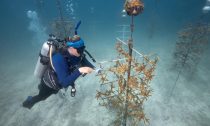
For decades, most of the news about coral reefs has been pretty gloomy. Now the Florida Keys National Marine Sanctuary is launching a new mission to bring back a few of those reefs. Reefs along the Keys once commonly had coral cover of 30 to 40 percent of its surfaces. Those healthy reefs protected the Keys from storms, nurtured fish and lobsters and helped create a thriving tourism industry that relies heavily on diving, snorkeling and fishing.
Now the coral cover is more like 2 percent on a lot of the reefs that still draw tourists.
“Frankly, we cannot afford to let these declines continue. We cannot afford not to act,” Sarah Fangman, the sanctuary superintendent. “These systems are in a state that without our active help, they cannot recover fast enough.”
The National Oceanic and Atmos...
Read More


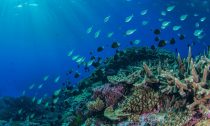
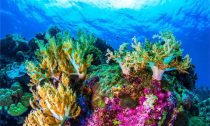
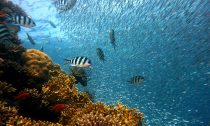
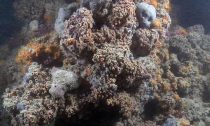
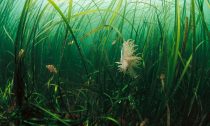
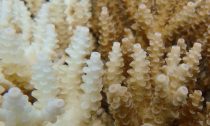
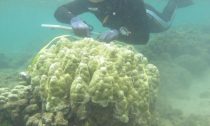
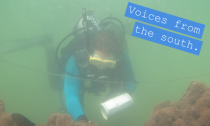


Social Profiles